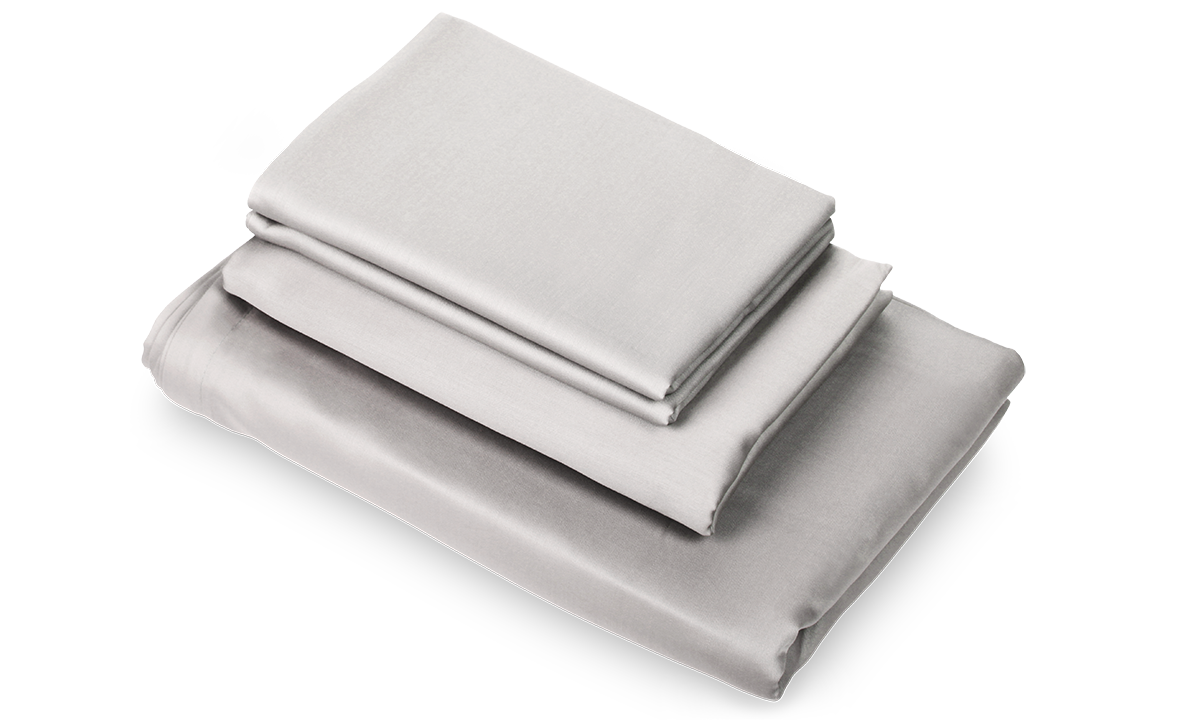What are Pima Cotton Sheets?
When it comes to luxury and comfort, certain types of cotton stand out, and Pima cotton is among the frontrunners. Pima cotton sheets are made from Pima cotton, a type of cotton known for its long staple fibers. Originally cultivated in Peru, Pima cotton is now mostly grown in the United States, making it the American equivalent of the renowned Egyptian cotton.
The charm of Pima cotton lies in its unique attributes:
- Softness: The long fibers of Pima cotton produce a smooth, soft fabric that is gentle on the skin.
- Durability: The long staple fibers are stronger, meaning Pima cotton sheets tend to last longer and withstand repeated washing better.
- Breathability: Pima cotton sheets are breathable, ensuring comfortable sleep throughout the year.
- Sheen: Pima cotton has a natural sheen, adding an elegant touch to your bed linen.
100% Pima Cotton Sheets
When you see "100% Pima cotton" on the label, it means that the sheets are made entirely of Pima cotton without any blending of other types of cotton or synthetic fibers. This means you're getting the full benefits of Pima cotton's superior qualities. It's important to watch out for deceptive marketing, though. If the label doesn't specifically say "100% Pima cotton," it could be a blend.
Best Pima Cotton Sheets
The best Pima cotton sheets are those that combine a good thread count with the quality of 100% Pima cotton. While thread count isn't the only factor to consider, it does play a significant role in the feel and durability of your sheets. A thread count of around 200-500 is often ideal, providing a balance of softness and strength.
Look for sheets that are finished without harsh chemical treatments to maintain the natural properties of the cotton. Brands such as Supima® offer certified 100% Pima cotton products, ensuring you're getting genuine high-quality Pima cotton.
Is Pima Cotton Good for Sheets?
The answer is a resounding yes. Pima cotton's long fibers create a soft, durable, and breathable fabric, making it an excellent choice for sheets. It's a particularly good option for those who value a combination of luxury, durability, and natural materials in their bedding.
How to Wash Pima Cotton Sheets
As with any high-quality bed linen, proper care is key to maintaining the look and feel of Pima cotton sheets. Here are some tips on how to wash Pima cotton sheets:
- Use Gentle Detergent: Use a mild detergent to maintain the fabric's integrity and prevent discoloration.
- Cold Water Wash: To prevent shrinkage, wash your sheets in cold water on a gentle cycle.
- Air Dry: To maximize the lifespan of your sheets, air drying is best. However, if you prefer to tumble dry, use a low heat setting.
Pima vs Egyptian Cotton Sheets
Both Pima and Egyptian cotton are known for their long staple fibers, which result in superior strength, softness, and sheen. But how do they compare?
Difference Between Pima Cotton and Egyptian Cotton Sheets
The primary difference lies in their origin. Egyptian cotton is grown in the Nile River Valley, while Pima cotton is primarily grown in the southwestern United States. Despite the difference in origin, the climates in which they grow are similar, allowing both types of cotton to develop long, strong fibers.
What is Better, Pima or Egyptian Cotton Sheets?
In terms of quality, Pima and Egyptian cotton are quite comparable. Both offer superior softness, durability, and breathability. The choice between the two often comes down to personal preference and budget. Egyptian cotton is often priced higher due to its prestigious reputation and limited supply.
Conclusion
Pima cotton sheets offer a luxurious sleeping experience with their soft, durable, and breathable fabric. By understanding the properties of Pima cotton and how it compares to other types of cotton, you can make an informed decision about the best bedding for you. Remember, a good night's sleep is an investment in your health and well-being, and the sheets you choose play a significant role in that investment.

- Includes pillowcase(s), fitted sheet, and flat sheet.
- Oeko-Tex® Standard 100 certified.
- Lifetime warranty.
- 101-night sleep trial.
- Free shipping and returns.












